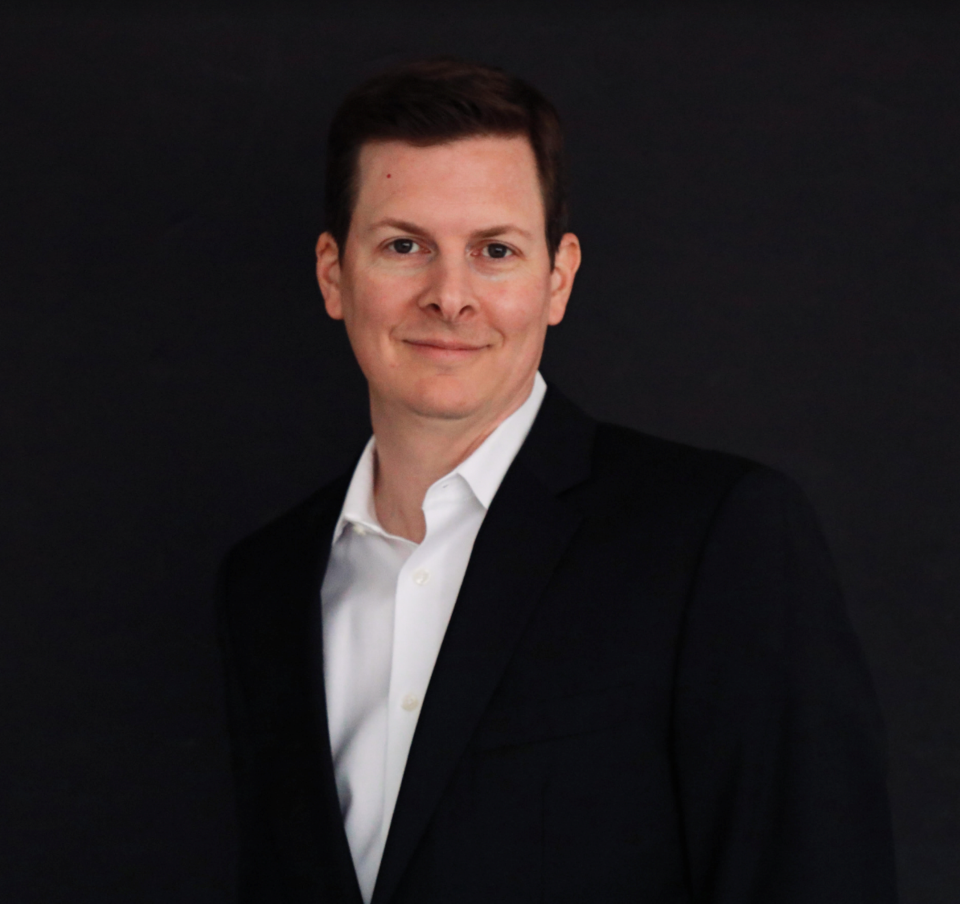The election is quickly approaching. Voters deserve to know who their candidates are and what they represent. Up until election day, Local Profile will publish Q&A with politicians running for this year's election.
What position are you running for and why?
I am the Democratic nominee for Collin County Commissioner in Precinct 4, and I am running to bring honesty, decency and leadership to the Commissioner’s Court. Of the 40 elected positions in Collin County government, not a single one is held by a Democrat, nor has there been for decades. Collin County has all the hallmarks of a major metropolis, so we need a leader with vision and guts to anticipate and address the problems of a rapidly growing population.
What policies do you hope to enact and why?
The three main pillars of my campaign are public safety, public health and infrastructure. Presently, the sheriff’s office is amid a personnel crisis, which has greatly impacted the county’s ability to maintain a safe and sanitary environment at the county jail as well as create an orderly workflow for our justice system. Regarding public health, the problem with emergency response in Collin County has had more to do with leadership than actual policy.
The commissioner’s court has repeatedly been at odds with officials in local and state government as well as administrators in the public school system and community college. While it is true that during COVID, Collin had some of the highest vaccination rates in the state, the population is still at risk due to the variants that have emerged. We need to focus on helping people who are working on the front lines in this pandemic where morale is especially low and job turnover is alarmingly high. This includes police and fire departments, corrections officers, doctors, nurses and, above all, teachers. And, finally, infrastructure has been and will continue to be a major issue as current projects age and future projects become necessary. Our focus should be on dramatically improving access to transit for seniors, the indigent and residents with disabilities, as well as developing economic ecosystems around areas with the most traffic congestion.
What are the biggest challenges facing your district?
My primary concern right now is how we, at all levels of municipal government, address crisis-level manpower shortages in our schools, our hospitals and in law enforcement. Teachers and first responders have been leaving the workforce in record numbers due to the aftereffects of the pandemic and the increasingly hostile political climate in which we now exist. My hope is that I can help usher in a new form of politics that focuses on professionalism and a needs-based approach to problem-solving.
How will your policies affect North Texas as a whole?
The only way we can share our success is to participate in an exchange of ideas with our neighbors. We should view neighboring counties and governments as partners and not competitors, a doctrine that the current political regime in Collin has fully embraced.
What are the biggest challenges facing Texas?
The biggest challenges we face as Texans have changed little going back several years. We still struggle to build and maintain safe and stable infrastructure across various sectors, including energy, transportation and technology. Despite its vast wealth, Texas still ranks near the bottom in nearly every major category with regard to healthcare access and outcomes, public education and economic inequality. It has also been ground zero for many polarizing political issues such as gun control, school curriculums and civil rights.
How is your district changing?
The most obvious change has been in its diversity. According to the U.S. Census, Collin will soon be a minority-majority populated county, with Precinct 4 leading the way. One of the reasons the Precinct 4 Commissioner’s race is now competitive is because of the concentration of demographic change within its boundaries. This will undoubtedly change the political calculus for races that overlap with the geography of Precinct 4 going forward.
What book that you’ve read has had the biggest impact on you?
When I was in business school, I had an operations management professor who assigned The Goal: A Process of Ongoing Improvement by Eliyahu M. Goldratt. I read it in a single sitting. It’s a fictional story about how a manager at a factory is tasked with turning around a failing business. It’s a life lesson, used to illustrate how as human beings, regardless of the endeavor, we often get bogged down in ephemera at the expense of whatever we set out to achieve in the first place. Goldratt officially defined this premise as the Theory of Constraints.
What does the future hold for your district and for Texas?
I think Precinct 4’s greatest asset is its people. The diversity in the backgrounds of the people that live here speaks to their hopefulness and the opportunity that Collin has provided. The people that live here are more than just a tax base — they raise their families here and they take great pride in contributing to the communities in which they reside. But many groups in the community feel ignored or underrepresented. As a commissioner who grew up in a minority-majority city, I look forward to collaborating with residents and officials alike to ensure that success as a community.
Local Profile will continue to release Q&A segments with politicians running for various positions in this upcoming election.



![Top 5 Reads Of The Week [June 23-27]](https://www.vmcdn.ca/f/files/localprofile/images/events/downtown-celina-city-of-celina.jpg;w=120;h=80;mode=crop)
